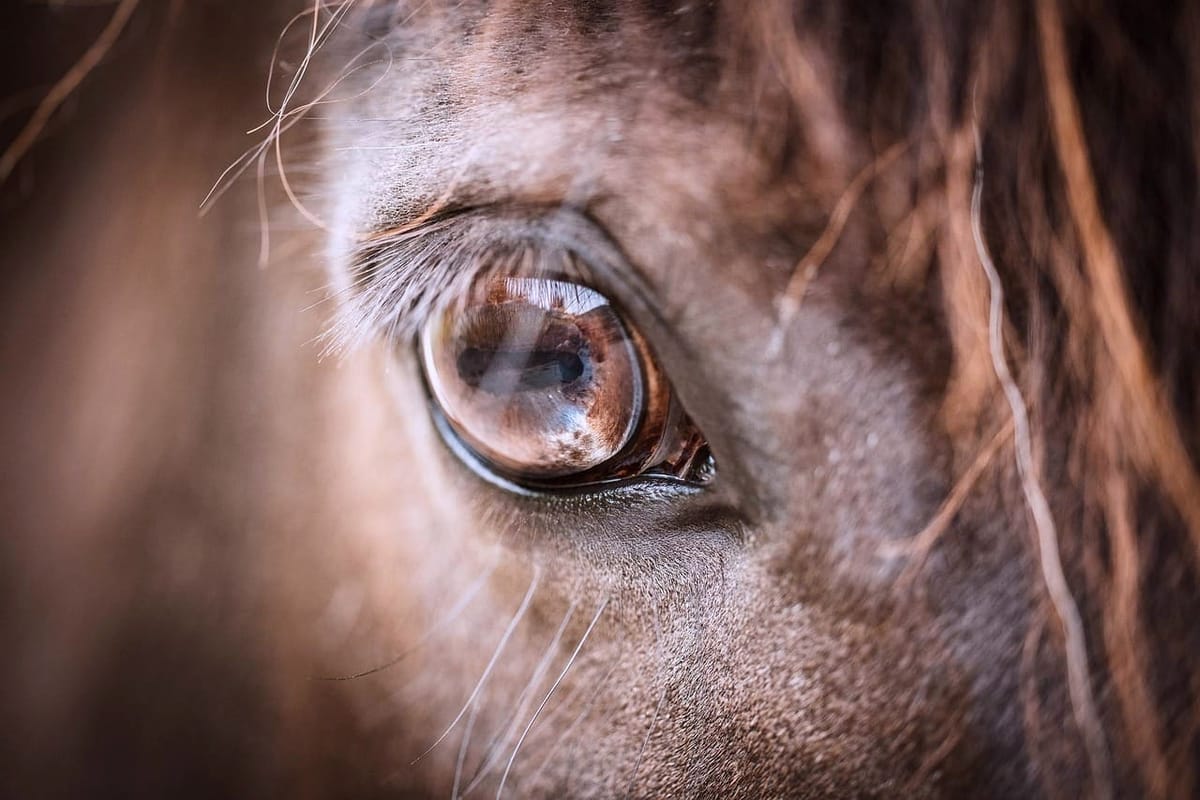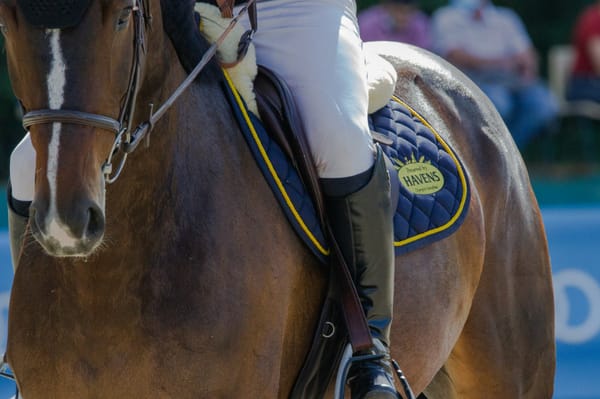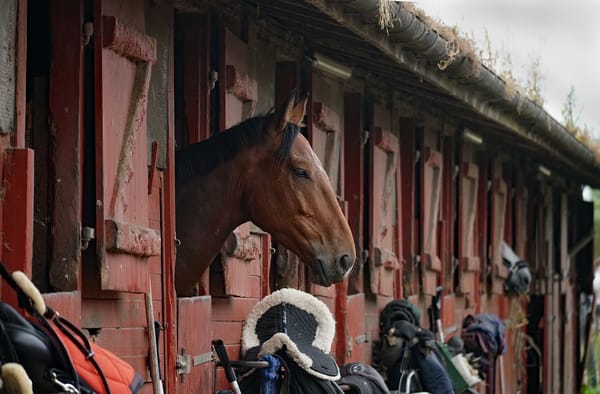Rider Suspended for Improper Handling of Horses
A northern European federation’s disciplinary committee has issued a four-month suspension to a rider for improper handling of horses. The decision, follows a formal complaint supported by multiple eyewitness testimonies regarding several incidents observed in December 2024 and January 2025.

The suspension, effective immediately, prohibits the individual from participating in competitions or conducting training at facilities affiliated with clubs under the national sports federation until August 22, 2025.
The committee dismissed older allegations from autumn 2023 and spring/summer 2024 on grounds of prescription, per federation statutes that require complaints to be filed within two months of an incident.
The rider was accused of violating equestrian sport's welfare standards during training sessions at a facility offering both riding school and private instruction.
Eyewitnesses reported repeated use of hyperflexion, excessive use of legs and whip, and prolonged physically demanding exercises, particularly involving young horses.

Become a Sponsor
Buy Me a CoffeeIn one instance from January 2025, the rider was observed repeatedly applying forceful aids and riding with the horse's neck overbent—commonly referred to as hyperflexion—for extended periods.
Despite being approached and advised to moderate the riding style, the aggressive methods resumed shortly thereafter.
In another incident in December, during a public jumping session, the rider was seen whipping a horse multiple times on the neck after the animal had fallen.
Witnesses described the rider as visibly angry and continuing to ride away at a gallop on pavement.
Other reports described aggressive riding with draw reins, and a young horse subjected to over 70 jumps in a single session without adequate breaks, eventually crashing into a jump due to exhaustion.
The rider acknowledged having trained horses during the specified dates but denied any misconduct, stating that all training occurred within acceptable standards.
The rider argued that the aids used were appropriate and that any forceful actions were safety-related or misinterpreted due to distance and observer bias.
The rider also noted that their training practices had been developed under experienced coaches and supported by horse owners.
Despite these arguments, the committee found the testimony from multiple witnesses credible and consistent enough to warrant disciplinary action. The decision emphasised the importance of upholding horse welfare and the federation’s code of conduct.
This case highlights the increasing scrutiny placed on training methods within the sport and reinforces the ethical treatment of horses, and the broader industry shift toward transparency and accountability.
Other articles on this story







